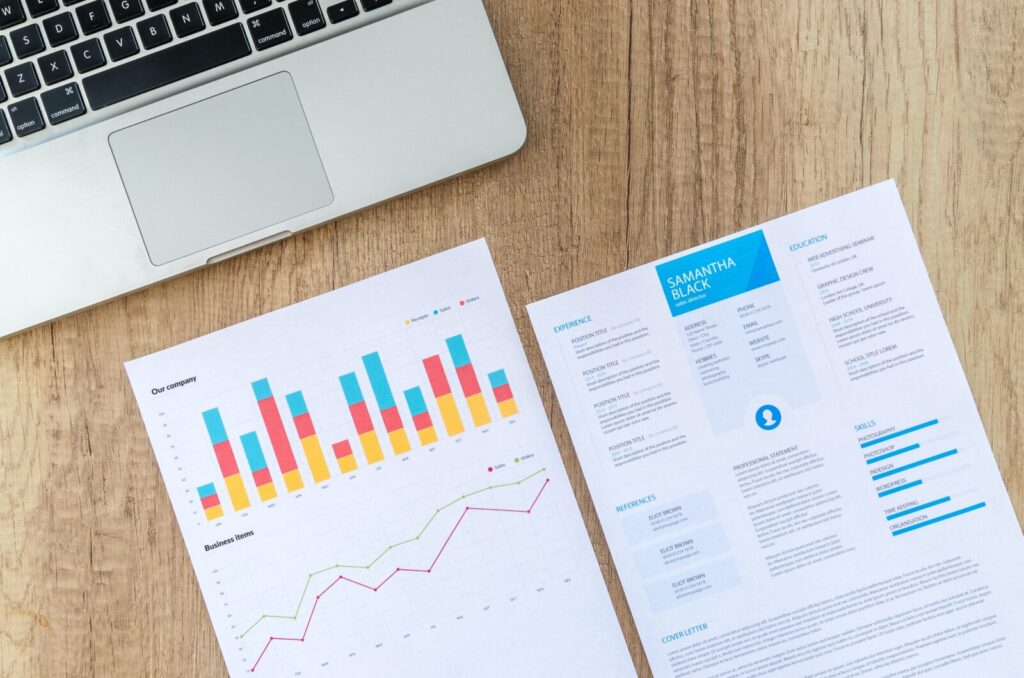
Information Economics
Program: Managerial Economics
ECTS: 2
Lecturer: Professor Adam Pawłowski
Email: adam.pawlowski@uwr.edu.pl
Type: Optional
Level: Advanced
Personal information:
https://usosweb.uni.wroc.pl/kontroler.php?_action=actionx:katalog2/osoby/pokazOsobe%28os_id:118602%29
https://pl.wikipedia.org/wiki/Adam_Paw%C5%82owski_(filolog)
Classes
Number of hours: 2h X 8 weeks = 16 hours (1 semester)
Objective:
Business activities develop in the knowledge-based society and involve acquisition, stocking and processing of great amounts of information, which is nowadays generated and/or produced, bought and/or sold just as other goods or commodities. Specialised institutions, mostly from the media sector, deal with different types of data (scientific, medial, factual, bibliographical, statistical etc.), available in different formats.
Students will acquire basic knowledge concerning different aspect of data use and processing in commercial and public institutions. In particular, they will learn why and how to carry out an information audit, how to plan and organise an information campaign, how to evaluate data and information. The landscape of Polish data and information sources will be described, especially as concerns the Warsaw Stock Market (ESPI system, other resources).
Assessment:
Students will be obliged do attend courses and to prepare a project of an information campaign organised by a hypothetic firm or institution. The project will include objectives, contents, means, communication channels, target groups, and time table of the campaign.
Contents:
1) Introduction to knowledge-based society
2) Definition of information
a. Information as a decision factor in economy
b. Information as a consumption good
c. Information as a public wealth
3) Types of information, information vs. data, information vs. knowledge
4) Communication vs. persuasion
5) Introduction to semiotics
6) Information sources and information retrieval (text- and web-mining)
7) Factual vs. bibliographical information
8) Information audit
9) Polish information landscape
a. Sources related to the Warsaw Stock Market
b. Official state sources (GUS, OBOP, BDR)
c. Data consortiums, and data repositories
d. Specialised media
10) Applications of data and information – case studies
Recommended reading:
Abell Angela (1999), Competing with Knowledge: The Information Professional in the Knowledge Management Age. London: Library Association.
Boisot Max, Canals Agustí (2004), Data, information and knowledge: have we got it right? Journal of Evolutional Economy 14, 43-67.
Buchanan S., Gibb F. (1998), The Information Audit: An Integrated Strategic Approach. International Journal of Information Management 18(1), 29-47.
Farley John U. (1964), “Brand Loyalty” and the Economics of Information. The Journal of Business 37(4), 370-381. http://www.jstor.org/stable/2351231
Forlicz S. (2008), Informacja w biznesie. Warszawa: Polskie Wydawnictwo Ekonomiczne.
George Lisa (2007), What’s fit to print: The effect of ownership concentration on product variety in daily newspaper markets. Information Economics and Policy 19, 285-303.
Graf David, Church Olive D., Duff Thomas (1990), Business in an Information Economy. McGraw-Hill Education – Europe.
Hayek F. A. (1945), The Use of Knowledge in Society. The American Economic Review 35(4), 519-530. http://www.jstor.org/stable/1809376
Henczel Susan(2000), The information audit as a first step towards effective knowledge management: an opportunity for the special librarian. International Journal of Special Libraries (INSPEL) 34 (3/4), 210-226.
Hirshleifer J. (1973), Where Are We in the Theory of Information? The American Economic Review 63(2), Papers and Proceedings of the Eighty-fifth Annual Meeting of the American Economic Association (May, 1973), 31-39. http://www.jstor.org/stable/1817048
Kremhelmer Susanne, Zenger Hans (2008), Advertising and the screening role of mass media. Information Economics and Policy 20, 107-119.
Oleński Józef (2001), Ekonomika informacji. Warszawa: Polskie Towarzystwo Ekonomiczne.
Oleński Józef (2003), Ekonomika informacji (metody). Warszawa: Polskie Towarzystwo Ekonomiczne.
Oxbrow Nigel, Abell Angela (1999), Knowledge Environments: Where Are the Information Professionals? Business & Finance Division Bulletin 112, 29-36.
Sichtmann Christina (2007), Buyer-Seller Relationships and the Economics of Information. Journal of Business Market Management 1(1), 59 -78.
Singh J. P. (2008), Negotiation and the Global Information Economy. Cambridge: Cambridge University Press.
Stigler George J. (1961), The Economics of Information. The Journal of Political Economy 69(3), 213-225. http://www.jstor.org/stable/1829263
Stiglitz Joseph E. (1985), Information and Economic Analysis: A Perspective. The Economic Journal 95, Supplement: Conference Papers, 21-41. http://www.jstor.org/stable/2232867
Stiglitz Joseph E. (2000), The Contributions of the Economics of Information to Twentieth Century Economics. The Quarterly Journal of Economics 115(4), 1441-1478.
http://www.jstor.org/stable/2586930
Varian Hal R. (1995), The information Economy. Scientific American 273(3), 200.
Waldfogel Joel (2007), Economics of the media. Preface. Information Economics and Policy 19, 283-284.
Zaliwski Andrzej (2000), Korporacyjne bazy wiedzy. Warszawa: Polskie Wydawnictwo Ekonomiczne.
